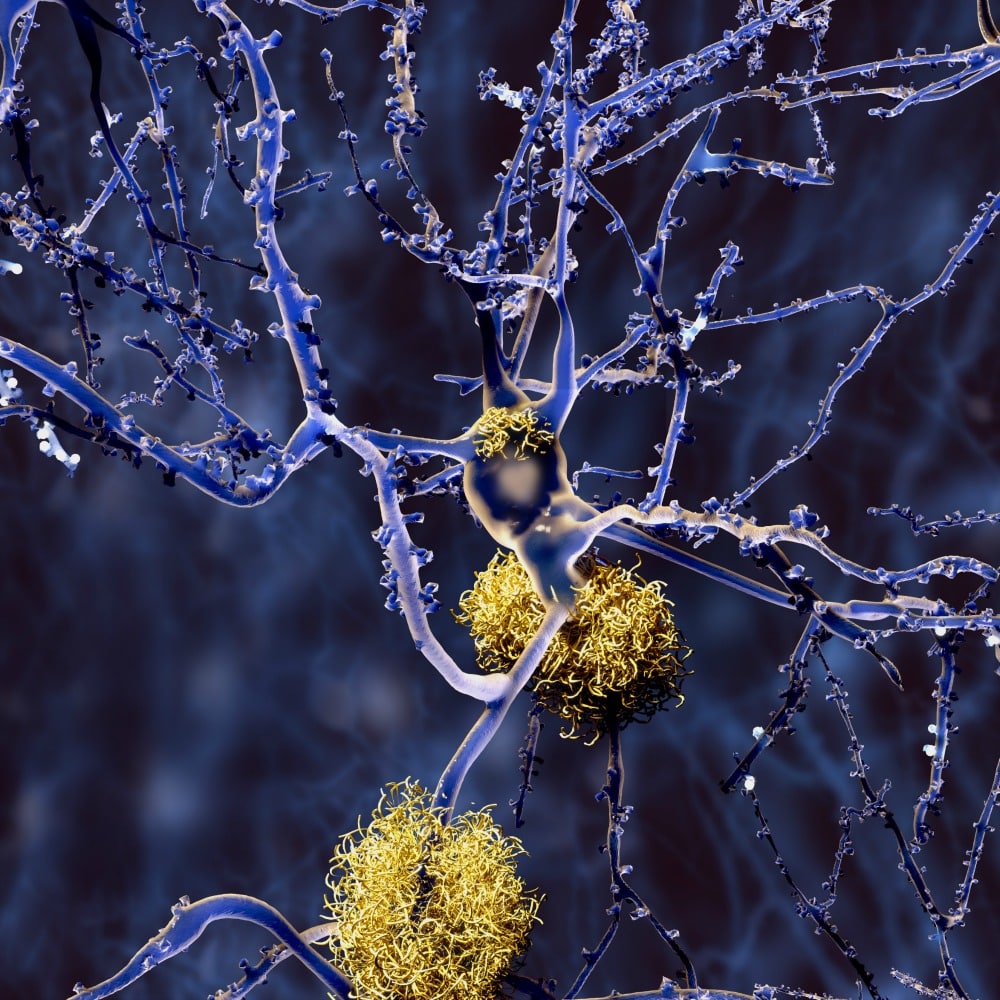Stanford University researchers worked with Washington University School of Medicine academicians and those from the Netherlands’ Radboud University Medical Centre to determine if disrupting sleep boosts a brain protein tied to Alzheimer’s disease. Indeed, these research groups found that disturbing even a single night of sleep in healthy middle-aged individuals spurs an increase in a brain protein tied to Alzheimer’s disease. They also found that a full week of low-quality sleep spurs another increase in a separate brain protein that has been tied to brain damage in Alzheimer’s as well as additional neurological diseases.
The Importance of a Good Night’s Sleep
A solid night of sleep refreshes the mind as well as the body. It is growing increasingly clear that a night of low-quality sleep does the opposite. The above-referenced study shows that disturbing one night of sleep in middle-aged adults boosts amyloid beta. This is a brain protein tied to Alzheimer’s disease. A full week of poor sleep heightens tau. This is a brain protein that has been tied to brain damage in Alzheimer’s along with numerous other neurological diseases.
The study’s senior author, David M. Holtzman, states that the research shows that low-quality sleep is associated with elevated levels of two critically important proteins tied to Alzheimer’s. He believes that chronic poor sleep in the 30s, 40s, and 50s might heighten the odds of Alzheimer’s later on in life. His team’s findings were recently published in an issue of Brain.
A Look at Alzheimer’s Disease
Millions of Americans are afflicted with Alzheimer’s disease. This disease causes slow memory loss along with significant cognitive decline. The brains of Alzheimer’s patients have amyloid beta protein plaques along with groups of tau protein. When combined, these proteins force the brain to atrophy and eventually stop functioning.
The medical community has not yet pinpointed a therapy to mitigate or reverse this disease. However, Holtzman and other academicians have found that low-quality sleep boosts the risk for cognitive problems. Those with sleep apnea, a condition in which breathing periodically stops while sleeping, are at a heightened risk for mild cognitive impairment. Mild cognitive impairment is an indicator that Alzheimer’s disease might be developing.
About the Study
The researchers set out to determine how low-quality sleep harms the brain. They studied 17 adults between age 35 and 65. These individuals did not have sleep problems or any sort of cognitive impairment. They wore activity monitors on their wrists for upwards of two weeks to gauge the amount of time they slept per night.
Each participant wore the monitor for five or more days then went to the researchers’ sleep room for a night of rest. This room is optimized for sleep. Participants donned electrodes along their scalp for brain wave monitoring. Half of the participants endured sleep disruptions with beeps transmitted through headphones. This forced the participants to enter a shallower level of sleep. Though these individuals slept just as long as those who enjoyed undisturbed sleep, they felt fatigued the next day. They underwent a spinal tap to measure the amount of tau and amyloid beta in the spinal cord and brain. Sleep interruption spurred a 10 percent hike in amyloid levels. Those who had several poor nights of sleep at home endured a spike in tau levels.
Conclusion
This study shows it is possible that poor sleep may increase the odds of developing Alzheimer’s disease. There is no doubt that low-quality sleep boosts the levels of protein tied to the disease. Those who are sleep-deprived should make every effort to enjoy a quality night’s rest to preserve their mental and physical health.




